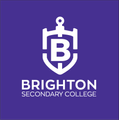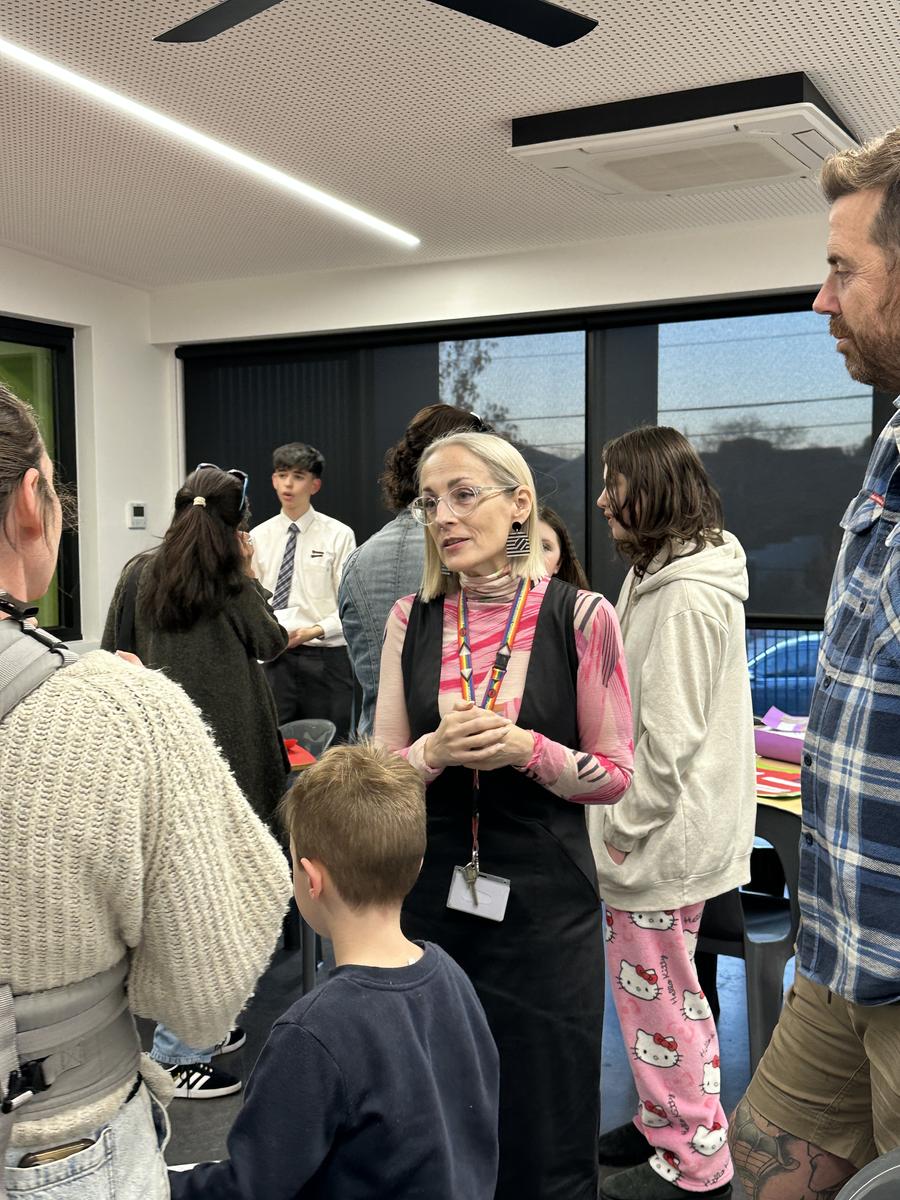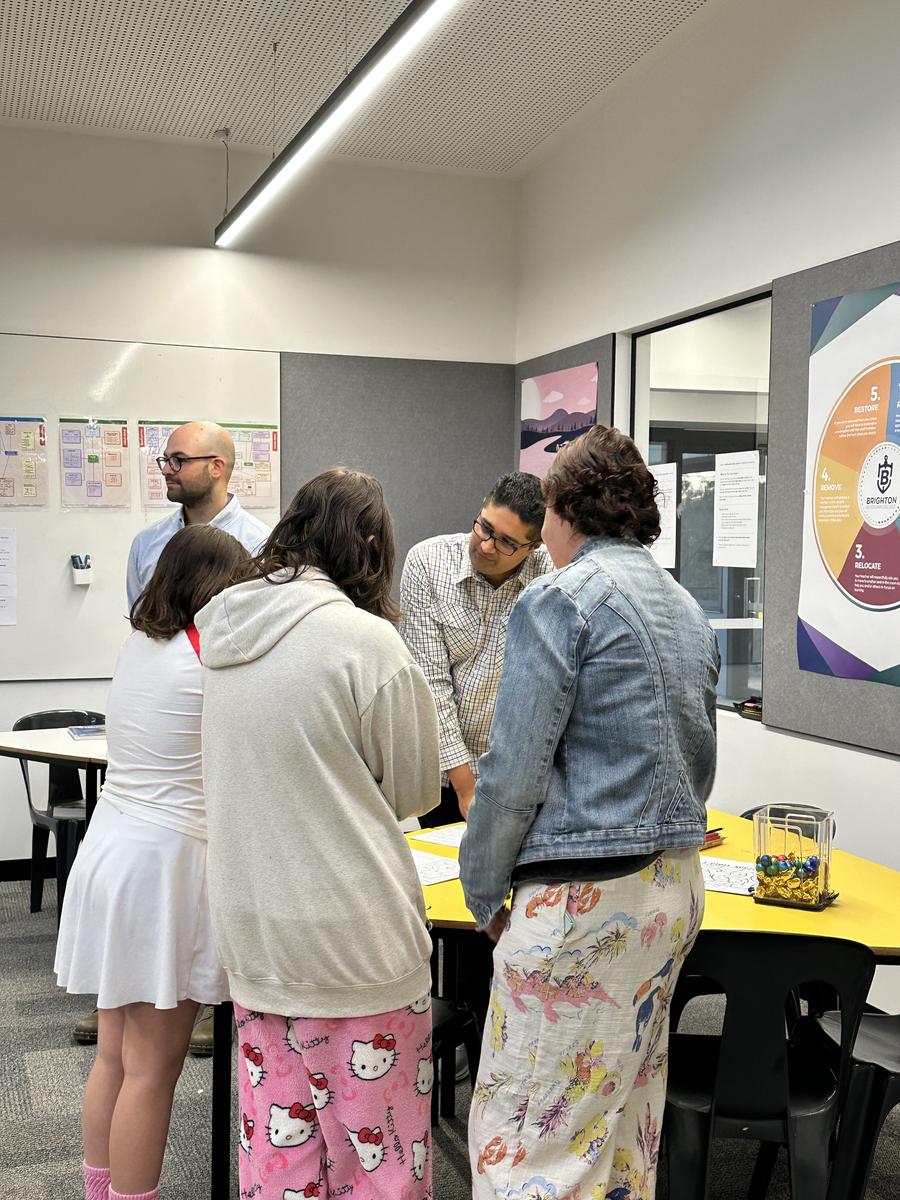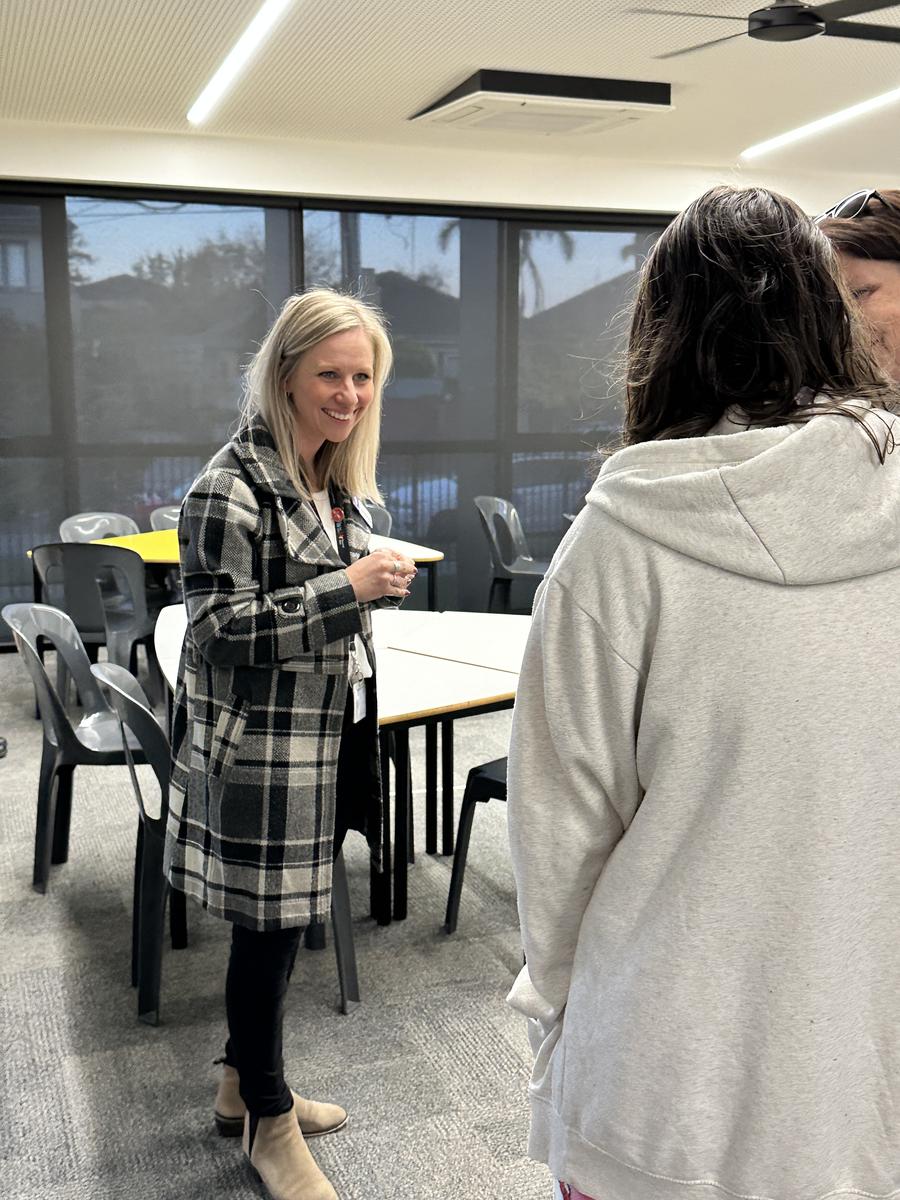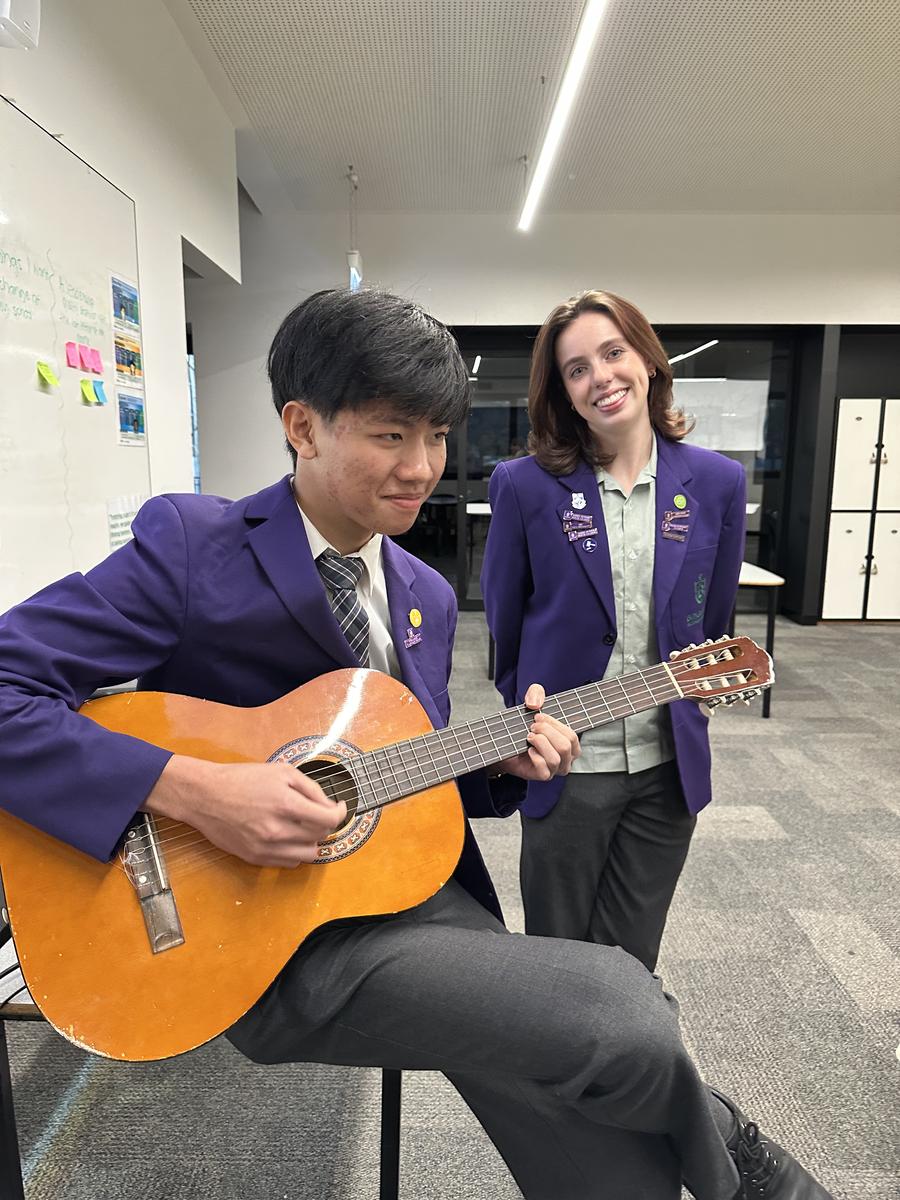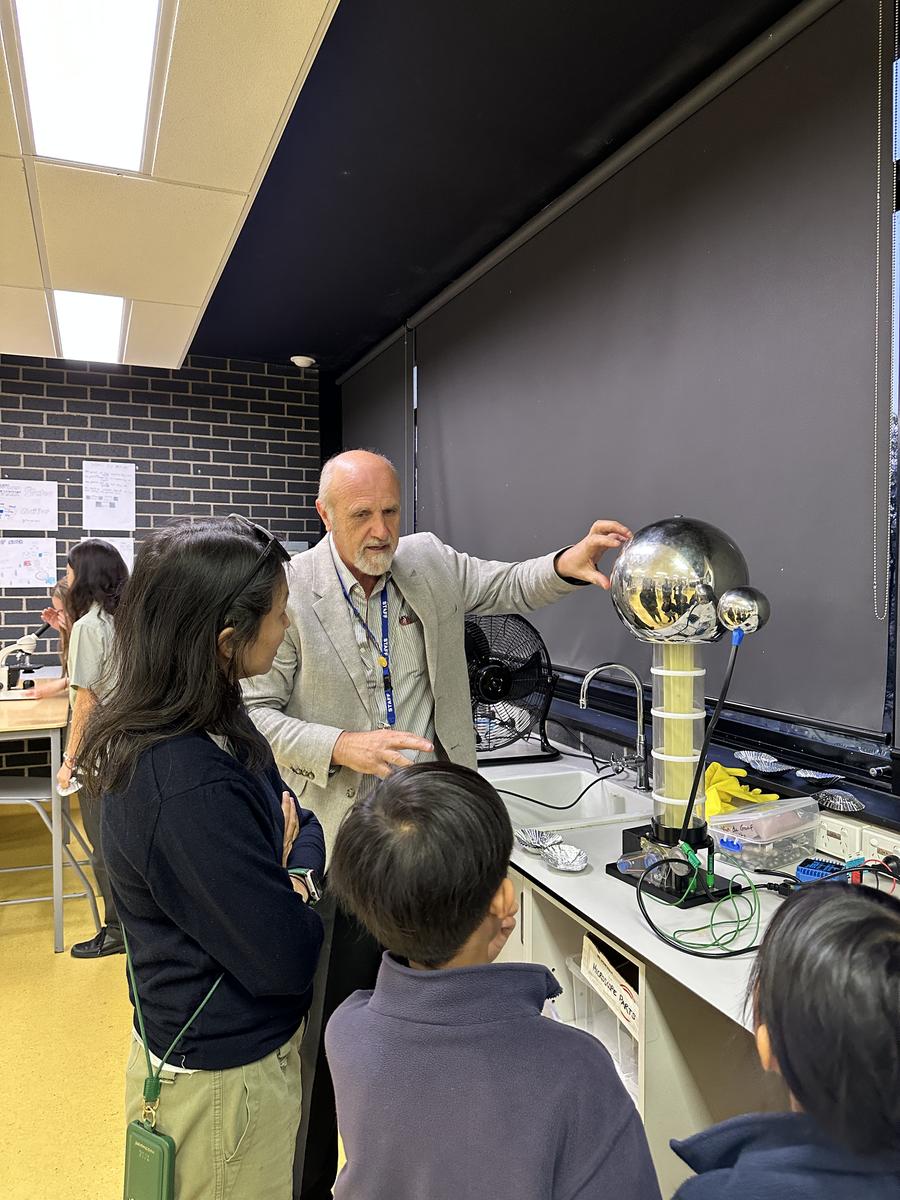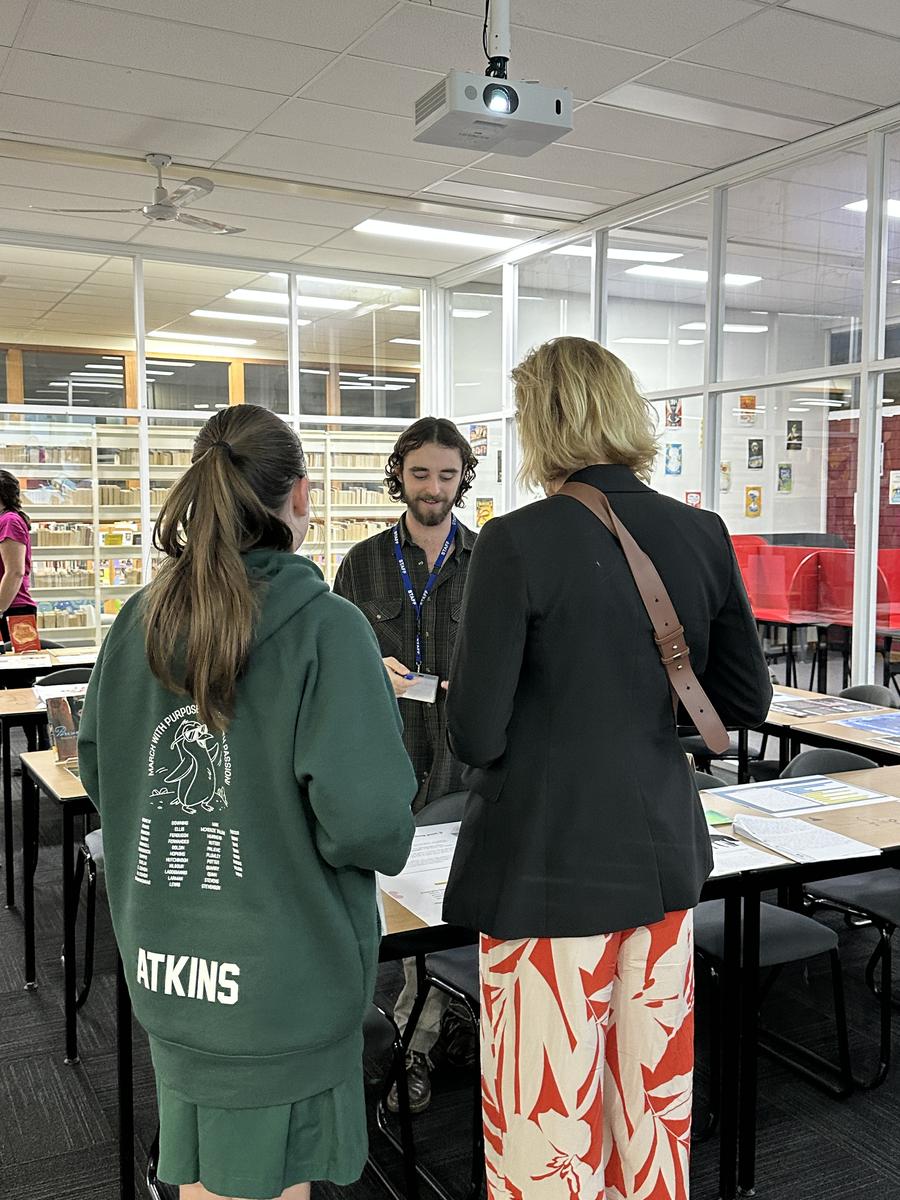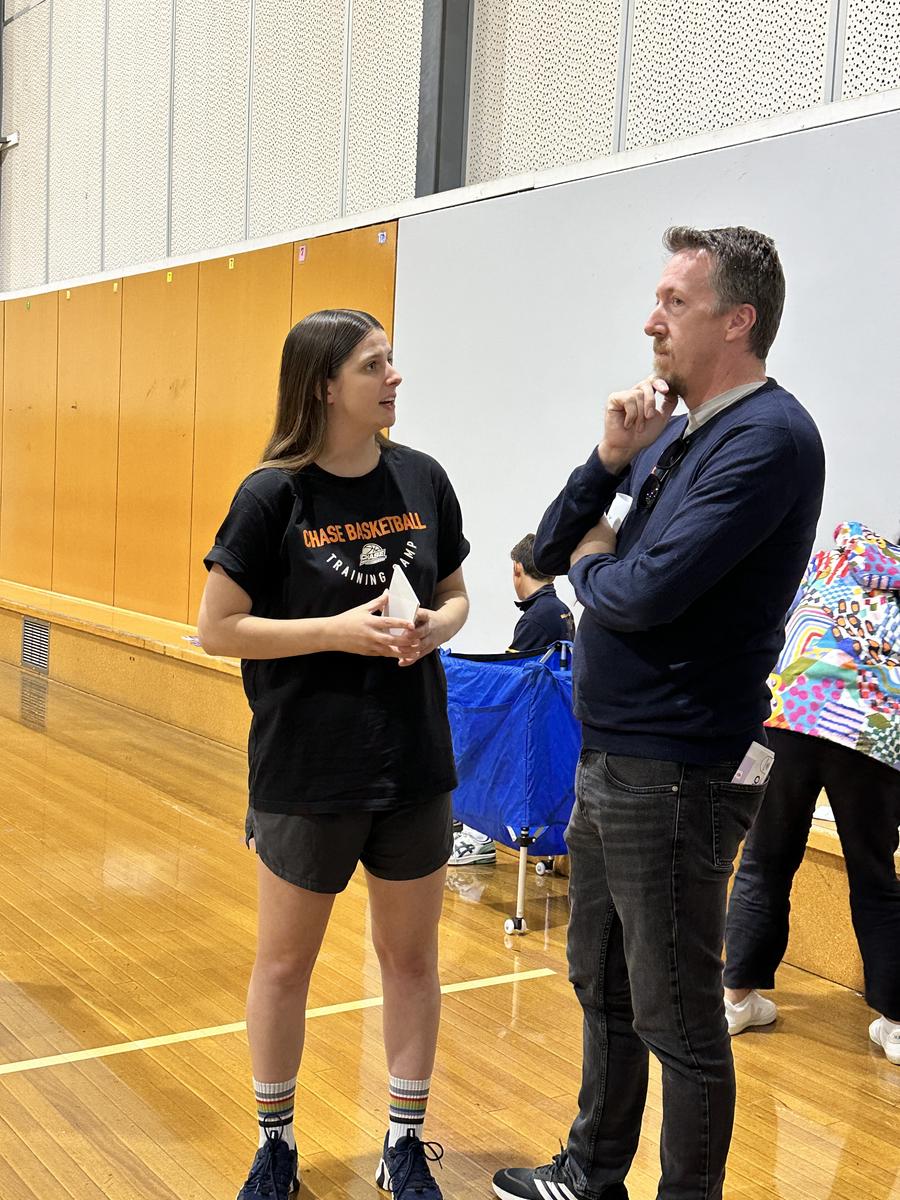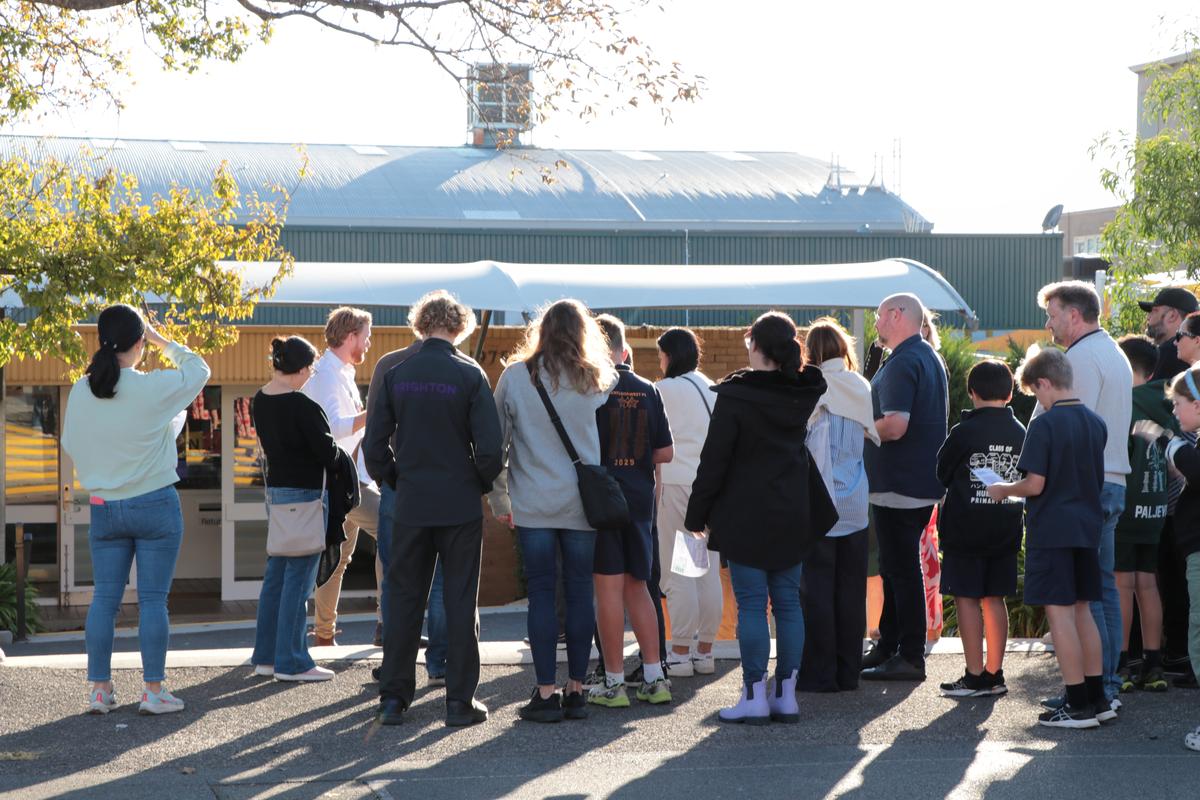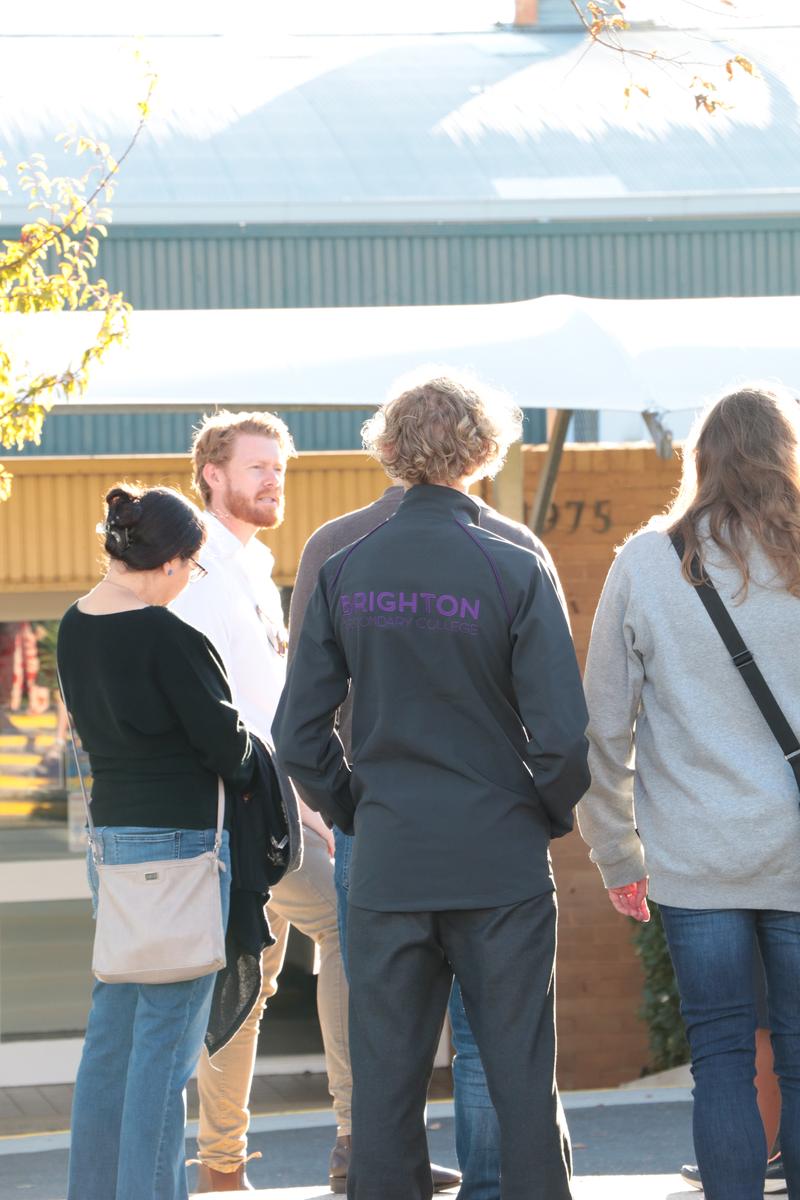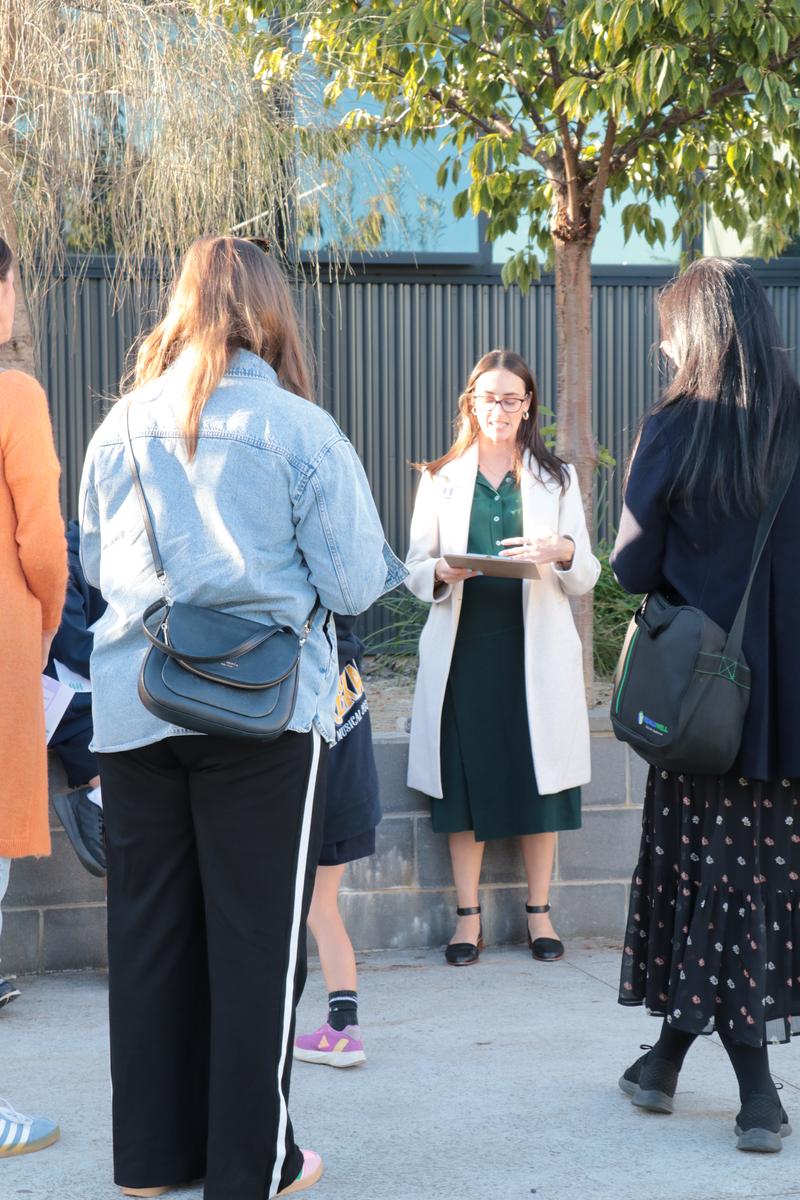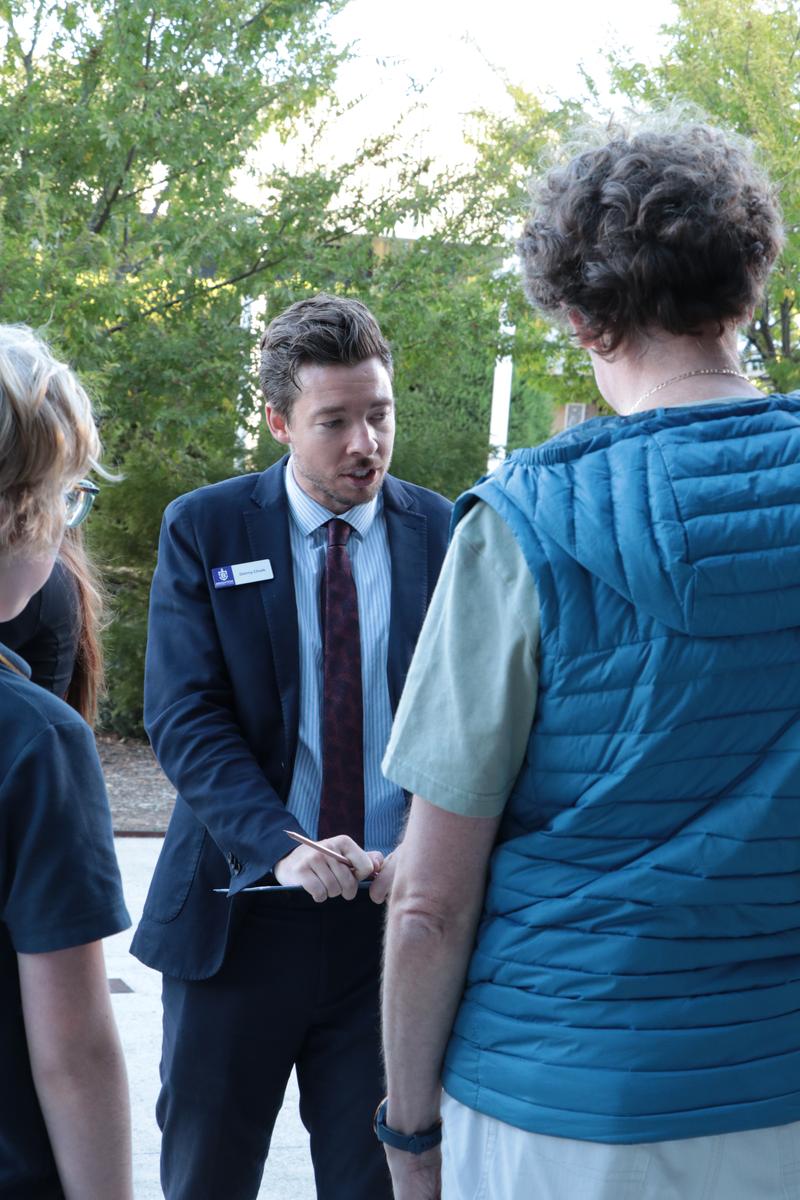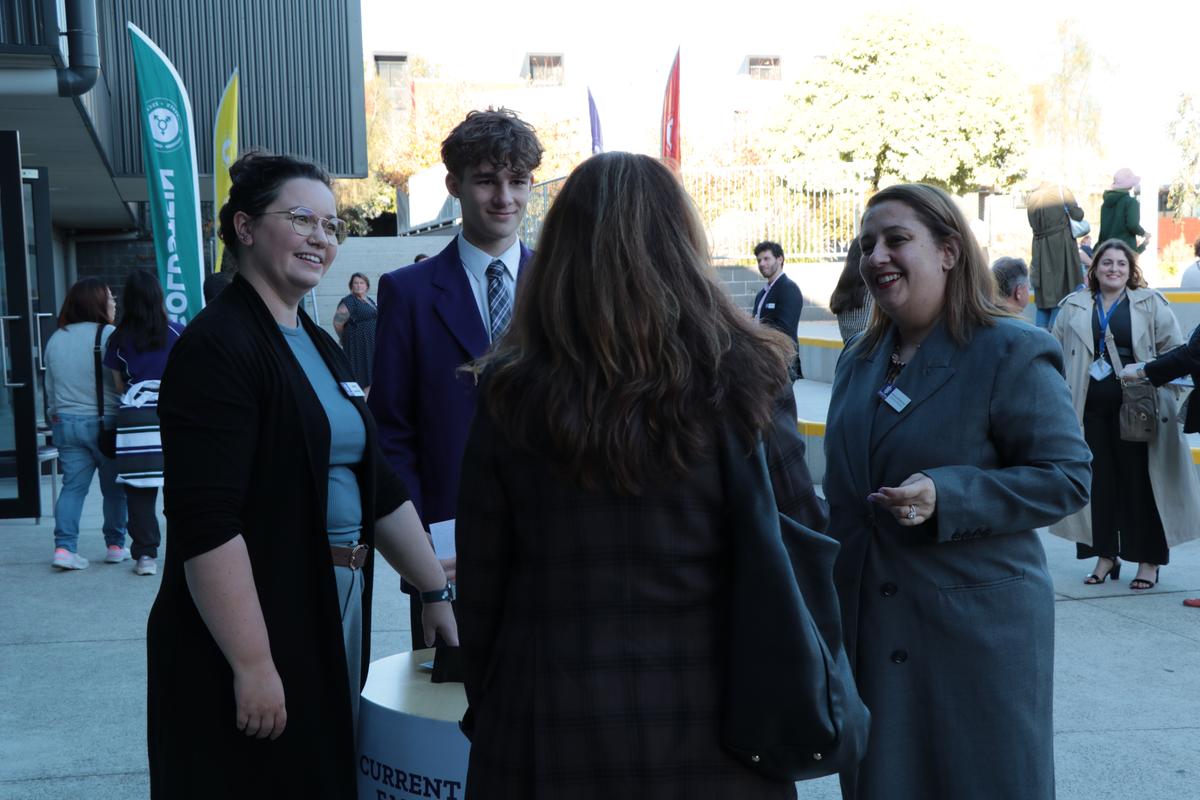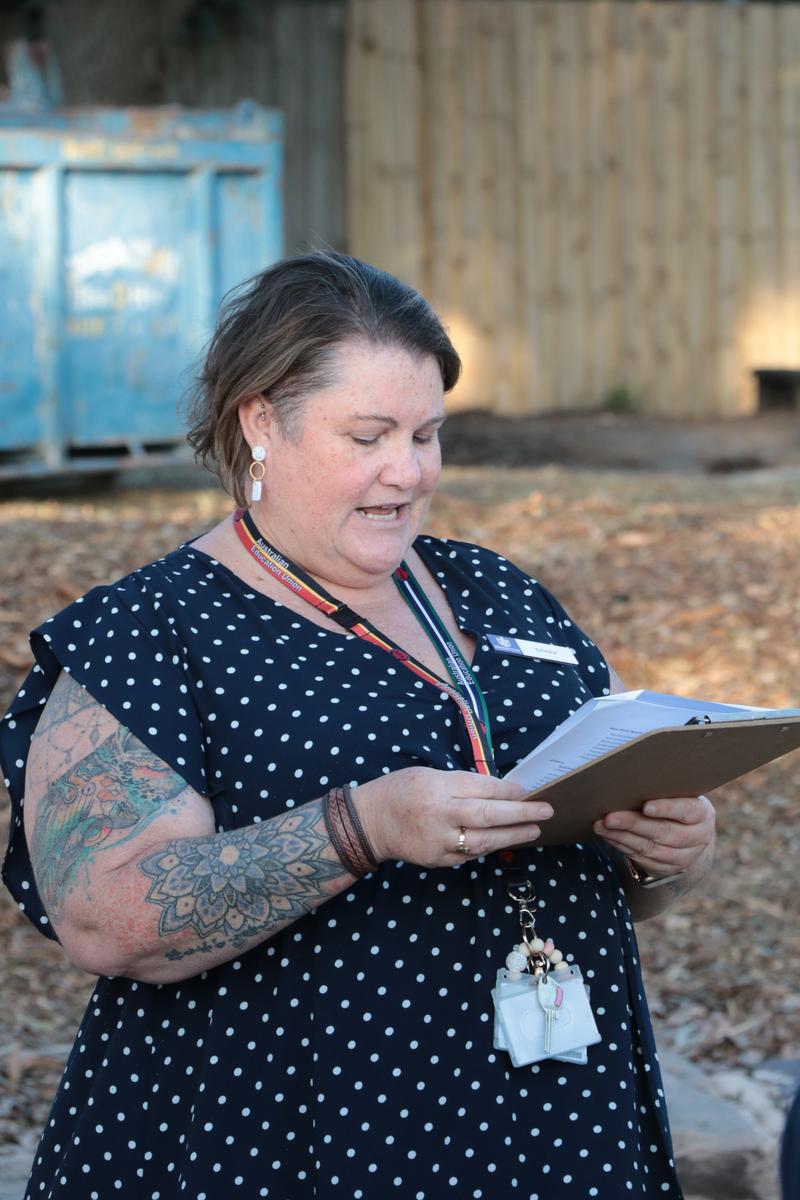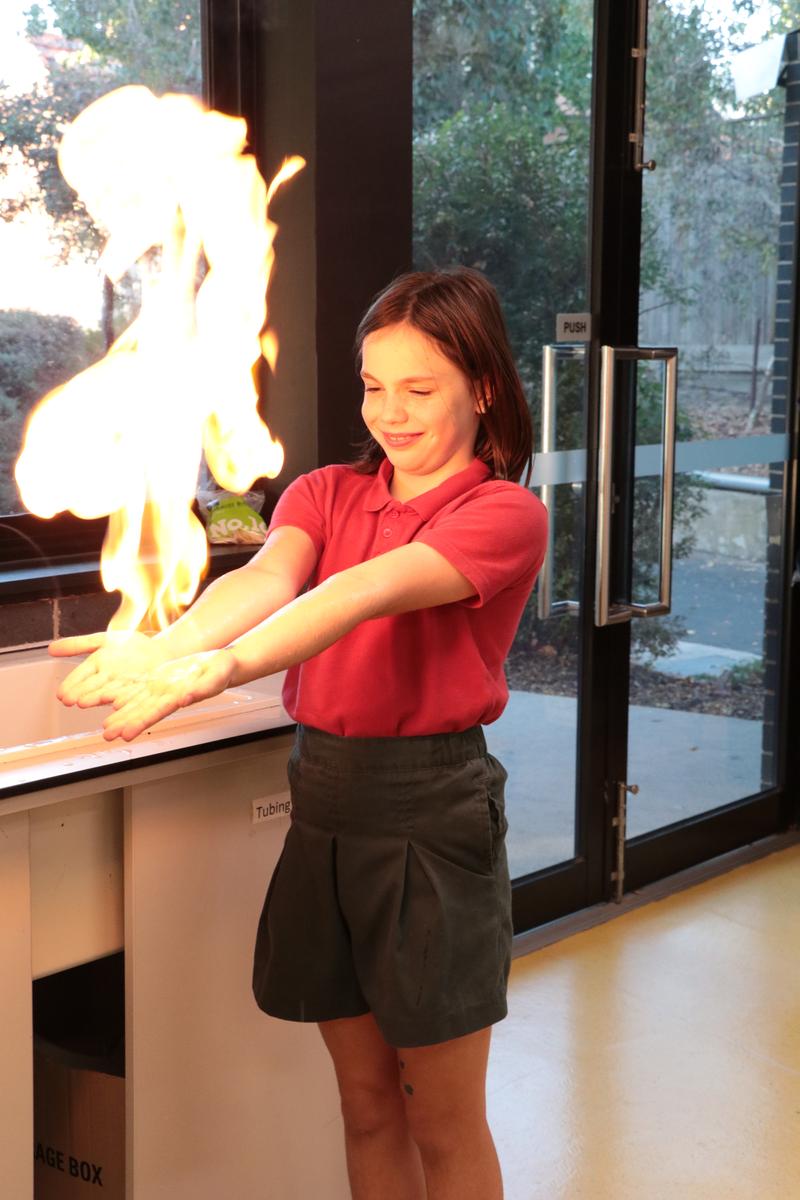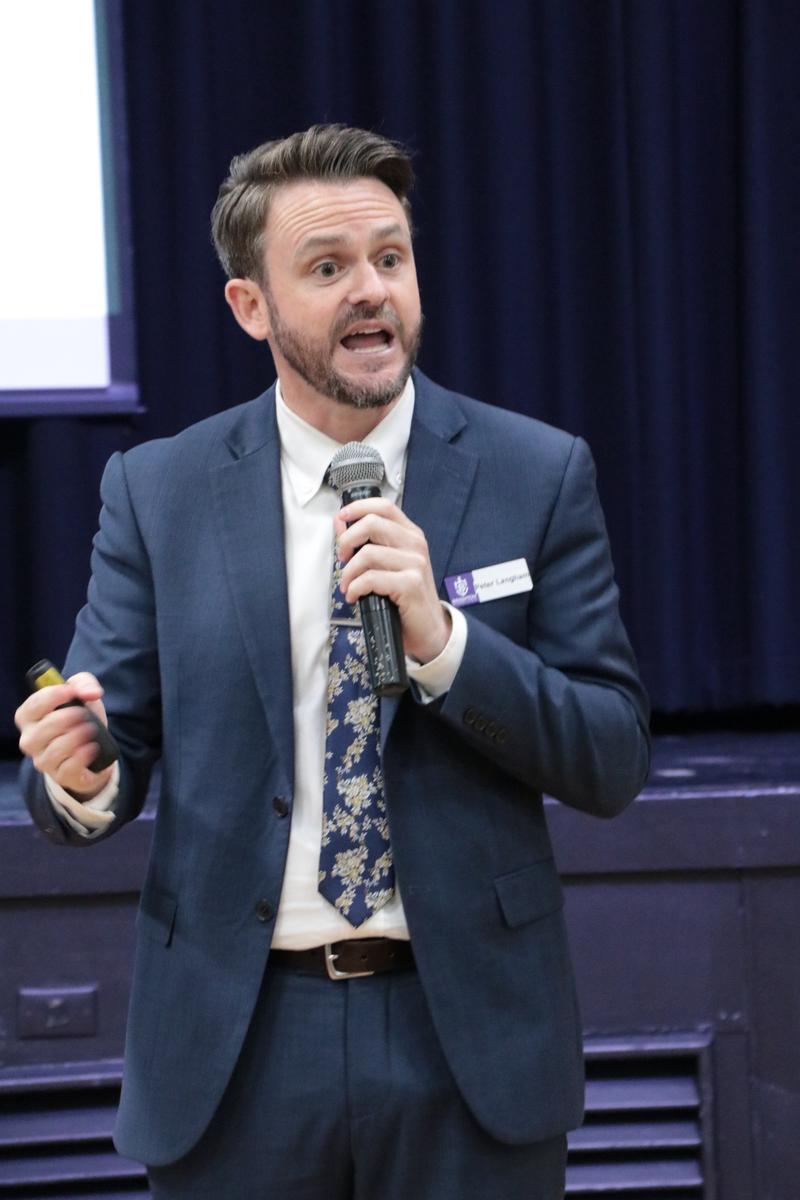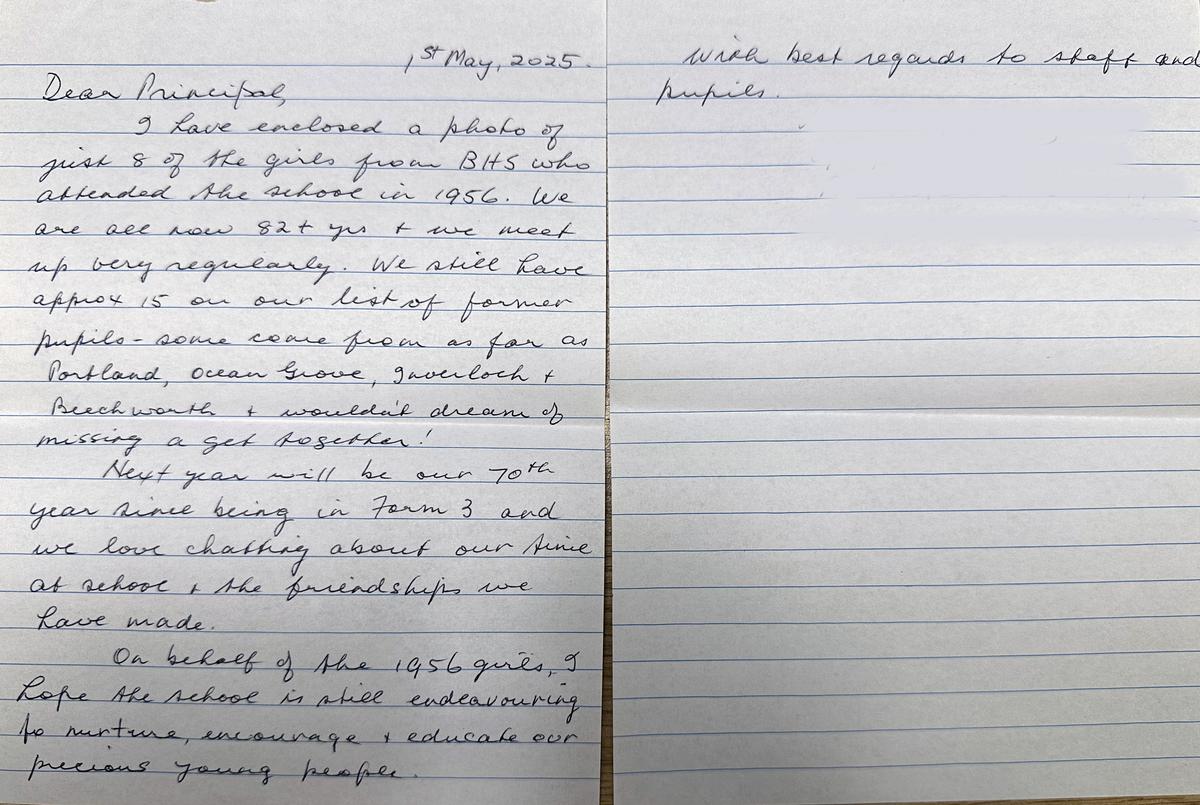PRINCIPAL REPORT

On Thursday, 1st May, our community came together to experience our 2025 Open Night. We had a wonderful turnout of prospective and current families, with approximately 250 people attending to see our school and meet our staff.
Thank you to all our students and staff for the energy and preparation you put into making the event such a success, and thank you to the families who engaged with us so meaningfully on the night.
During my address to the community, I spoke in depth about School Improvement and received many insightful questions. I’d like to unpack two of those questions further here.
One parent asked about the idea of School Improvement—what does it really mean to make a school “better,” and what does a “better” school look like for their child?
At the individual level, we want each student to enjoy school overall, experience meaningful learning growth, build strong friendships and lasting memories, and have the opportunity to reach their desired next step—whether that be university, TAFE, an apprenticeship, a traineeship, or another aspiration.
Many students will have this experience regardless of the school they attend. However, a thriving school is one where a higher percentage of students experience those outcomes. When we talk about improvement, we mean creating the conditions where this becomes more consistent and more likely for more students.
Even for students who enjoy school, their experience will include a mix of great days, good days, average days, and some challenging days. A thriving school minimizes the number of those challenging days—by noticing changes in student wellbeing, investigating causes, and proactively offering support. It also maximizes learning growth and nurtures strong relationships.
The second question I’d like to explore further was about high-quality teaching. A parent and I discussed what it looks like and how we can tell it’s happening.
It’s a great question, and a complex one—because truly great teaching is both a science and an art.
When you observe a single lesson, it’s often difficult to distinguish between a good teacher and an exceptional one. This is because learning is a cumulative process. Our brains need multiple exposures to the same content, with opportunities to retrieve and apply it across days, weeks, or months for the learning to stick.
Consider learning a new phone number: initially, you may need to write it down and look it up each time. Over time, through repeated retrieval, you remember it more easily. That’s a simple example. Now compare it to mastering essay structures, applying mathematical laws, or learning a second language—these are far more complex tasks.
Understanding how the brain learns leads us into the science of teaching. But then there’s the art—crafting engaging lessons, building rapport, managing the unexpected, and following students’ curiosities. Exceptional teaching doesn’t simply come from years of experience; it comes from intention—through reflection, professional learning, and consistent practice.
A thriving school creates the conditions for all teachers to maximise their potential. This includes:
- Ensuring our assessment practices are clear, robust, fair, and genuinely measure what students have learned
- Ensuring our curriculum is well-considered, aligned with assessments, consistently delivered, and paced to avoid overload
- Ensuring our pedagogy—our teaching practice—is explicit, engaging, and responsive to students’ needs, with regular checks for understanding and effective scaffolds for support
This week, I received a letter from a group of eight former students—part of a larger group of fifteen—who attended our school in 1956. Now in their early 80s, they continue to meet regularly and fondly reflect on their time here.
Their letter was incredibly heartwarming. But more than that, it served as a powerful reminder of what a thriving school can do.
Schools have the ability to foster lifelong friendships and create memories that last a lifetime. These outcomes can happen in any school—but a thriving school makes them far more likely, and far more lasting.
Peter Langham
Principal
